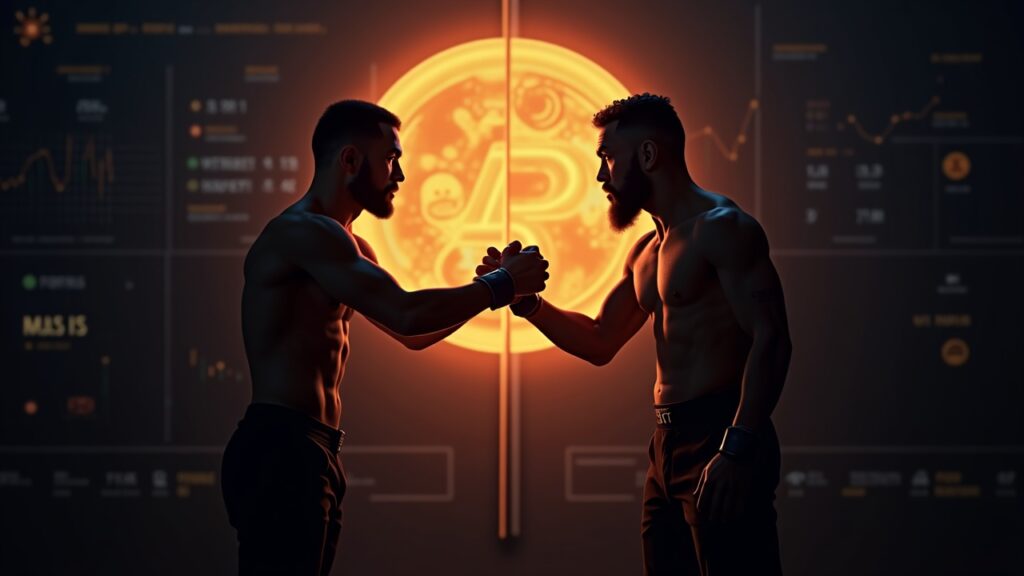The historic feud between Conor McGregor and Khabib Nurmagomedov has resurfaced violently, this time focused on mutual accusations regarding celebrity cryptocurrency scams and dubious collectibles. On-chain investigator ZachXBT intervened on November 26 to point out the contradictions of both fighters, recalling previous failed projects that left investors with losses.
The conflict erupted when McGregor labeled Khabib’s “Papakha” collection a multi-million dollar fraud, criticizing that promotional posts were deleted after selling 29,000 units. The digital assets sold out quickly in just 25 hours, which generated immediate suspicion regarding the legitimacy of the offer presented exclusively on Telegram.
For his part, Nurmagomedov defended the launch, insisting it was a legitimate cultural tribute to his late father and not a financial maneuver. However, ZachXBT fired back by recalling McGregor’s $REAL token launched in April 2025, which failed miserably under public scrutiny. This project barely raised 39% of its initial target goal, forcing full refunds and questioning the Irishman’s moral authority to criticize his rival.
Are Influencers Directly Responsible for the Massive Collapse in the Memecoin Market?
This confrontation is not an isolated case but reflects a worrying pattern of public figures promoting speculative assets without clear guarantees for their followers. Both athletes have histories of controversial and failed crypto ventures, such as Khabib’s partnership with GoMining or the McGregor Realm project that disappointed many.
Furthermore, the memecoin market has suffered a severe collapse, falling from $116.7 billion in January to $39.4 billion in November of this year. This 66% drop evidences the fragility of the speculative sector, exacerbated by celebrity launches that often end in significant losses for retailers.
The intervention of independent investigators like ZachXBT is changing market perception, exposing the lack of transparency in paid promotions by celebrities and influencers. Public scrutiny could deter future celebrity token launches, as the investor community becomes increasingly skeptical of these high-risk offers.
Likewise, the revelation that over 150 influencers failed to label paid advertisements undermines general confidence in the digital asset ecosystem. This could accelerate the implementation of stricter global regulations, affecting liquidity and trading volume in emerging low-cap projects in the future.
The public dispute between these UFC legends underscores the inherent risks of mixing sports fame with volatile and unregulated financial instruments. While the NFT market attempts to stabilize after massive valuation losses, we are likely to see more exposures of dubious past projects, forcing investors to demand greater due diligence before depositing capital.


